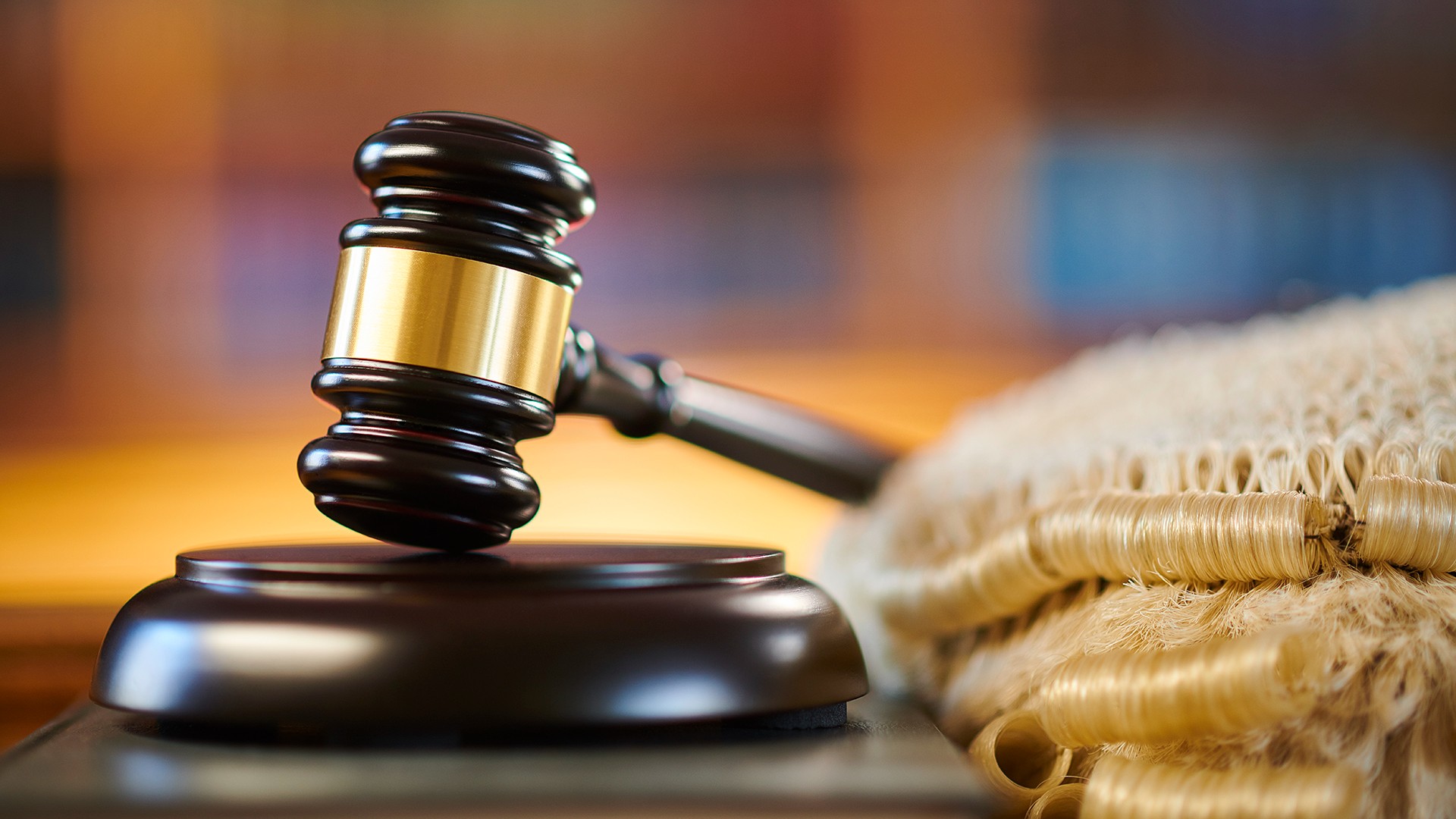Litigation, the legal battleground where disputes are resolved, rights are defended, and justice is sought, represents a dynamic and intricate facet of the legal Financemaster.us system. This exploration delves into the world of litigation, uncovering its complexities, procedures, and the pivotal role it plays in upholding the rule of law and ensuring fair resolution.
The Anatomy of Litigation
Litigation is a legal process that involves the resolution of disputes through the court system. It encompasses civil and criminal proceedings, where parties present their cases, evidence is examined, and judgments are rendered. The adversarial nature of litigation positions opposing parties in a legal contest, each advocating for their interests under the scrutiny of the law.
Access to Justice
Litigation serves as a critical avenue for individuals and entities to seek redress and protect their rights. It provides a structured framework where disputes, ranging from contractual disagreements to matters of constitutional significance, can be impartially adjudicated. Access to the courts ensures that justice is not a privilege but a right available to all.
Pre-Trial Procedures and Discovery
Before the courtroom drama unfolds, litigation involves extensive pre-trial procedures. Discovery processes allow parties to gather evidence, depose witnesses, and build their cases. This phase aims to ensure transparency and prevent surprise tactics during trial, contributing to the fair and efficient resolution of disputes.
The Trial Process
The trial is the focal point of litigation, where legal arguments are presented, witnesses testify, and evidence is examined. Attorneys play a crucial role in articulating their client’s position, cross-examining witnesses, and presenting compelling legal theories. The judge serves as an impartial arbiter, applying the law to the facts presented and rendering a judgment.
Appeals and Appellate Litigation
The resolution of a case in trial court does not always mark the end of litigation. Parties dissatisfied with the judgment may pursue appeals. Appellate litigation involves reviewing trial court decisions for legal errors or misapplications of the law. Appellate courts play a vital role in clarifying legal principles and ensuring consistency in legal interpretation.
Settlements and Alternative Dispute Resolution
Not all litigation culminates in a courtroom showdown. Settlements, negotiations, and alternative dispute resolution mechanisms provide avenues for parties to resolve Aysegulirem.com their differences outside of the formal trial setting. These methods offer flexibility, efficiency, and the potential for amicable resolutions that can save time and resources.
Conclusion: The Crucible of Justice
Litigation stands as the crucible where legal conflicts are tested, principles are argued, and justice is determined. Its procedures, from pre-trial processes to appeals, create a framework for the fair and impartial resolution of disputes. As we navigate the legal battlefield, understanding the intricacies of litigation is essential for upholding the principles of justice and ensuring that the rule of law prevails in society.

